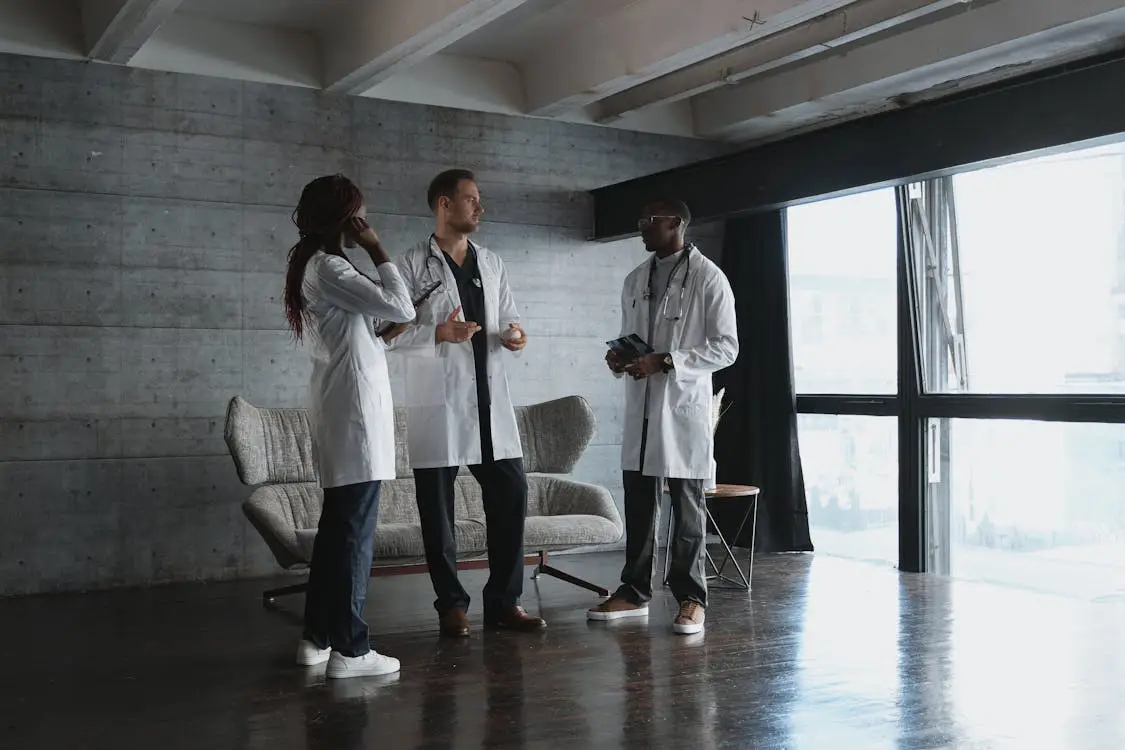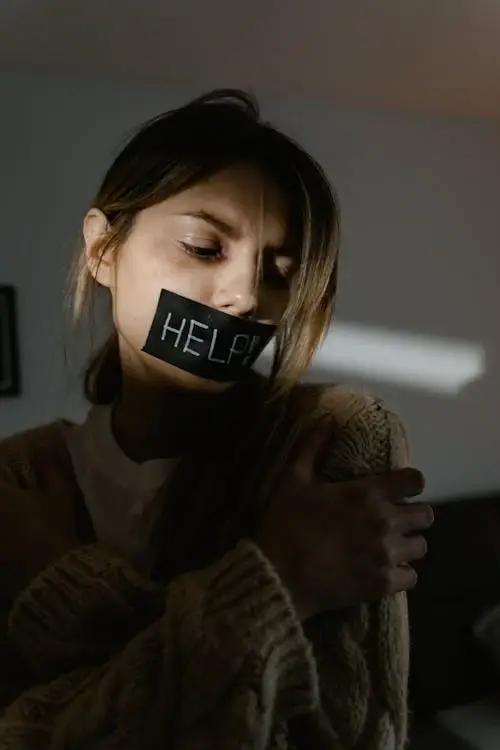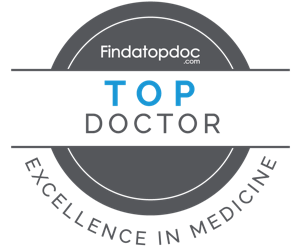Recovery from substance use disorder is a journey, not a destination. It’s a path paved with progress, challenges, and sometimes, setbacks. Relapse is a real and often difficult part of this journey.
Understanding what triggers a relapse is vital for maintaining long-term sobriety. In today’s digital world, these triggers have evolved, intertwining themselves with our online lives.
Here’s how our online substance abuse treatment at Overcoming Addictions LLC can be a beneficial tool in navigating these modern challenges and ensuring recovery success.
Understanding Relapse
Relapse. It’s a word that carries so much weight, especially when it comes to addiction. It’s something that so many people struggle with, and it’s important to understand that it’s a normal part of the recovery journey.
If you’ve experienced a relapse, please know that you’re not alone, and it’s absolutely not a sign of personal failure. In fact, research shows that relapse happens over 75% of the time. That’s not to minimize the pain and frustration it can cause but to emphasize that it’s a common experience.
One of the reasons relapse is so common is that addiction affects the brain in profound ways. The hippocampus, a vital area for memory and learning, can actually suffer nerve damage from prolonged substance use. And here’s the tough part: this damage can take years, sometimes even a lifetime, to heal.
Relapse can feel like a huge setback, but it doesn’t mean all progress is lost. It highlights the need for lengthy maintenance care. Recovery isn’t a sprint, it’s a marathon. Overcoming Addictions LLC’s ongoing therapy and medication are essential tools for navigating the challenges of long-term sobriety.
The Challenges of Recovery in the Digital Age
Recovering from substance use disorder is tough enough as it is, right? It’s a real journey, and these days, our digital world adds another layer of complexity. We’re all so connected now through social media like TikTok, and while technology can be amazing, it also throws some curveballs, especially for folks working on their recovery.
It’s easy to forget that recovery isn’t just about the big things; sometimes, it’s the little everyday stuff that can be surprisingly challenging. Things we enjoy, like video games, keeping up with celebrities, or scrolling through TikTok and Instagram Reels, can become unexpectedly risky. Maybe a game reminds someone of a time they were using, or a celebrity’s lifestyle triggers cravings. Even a seemingly harmless TikTok trend could create social pressure to use.
Being online all the time – it can be a lot. Seeing posts about partying, pictures that make you feel like you’re not measuring up, or even just the constant stream of bad news— can be really triggering.
It’s easy to underestimate how much these little things can affect us, especially when we’re trying to stay strong in our recovery. No one recovers in a bubble – it’s an everyday thing, and now, dealing with these digital triggers is a big part of staying on track.
It’s good to know there are resources out there, like our one on one mental health counseling, that get this and can offer support tailored to these modern challenges. Why Utilize Telehealth?
It might sound strange at first – using the internet to help with an internet problem – but it actually makes a lot of sense. Our internet treatments can be incredibly helpful for people struggling with too much screen time. Where else can you connect with so many people who get what you’re going through? It’s a safe and accessible way to share experiences, learn from others, and get professional guidance, all without even leaving your home.
It’s understandable that some folks might be a little skeptical about using telehealth that’s only been around for five years. New stuff can feel uncertain, and sometimes the old ways seem more comfortable. However, the truth is, even though it’s relatively new, the research shows that it offers some real advantages over what we’ve been doing before.
Instead of feeling like you have to give your power to the treatment clinic and fit your life around their schedule, telehealth puts you in the driver’s seat. It’s about working together with a therapist to build a better life, on your terms.
At Overcoming Addictions LLC, we understand how important this is, which is why we offer valuable resources like free assessments to help you get started, scheduled physician consultations for personalized care, and even downloadable ebooks to support you on your journey.

Identifying Digital Triggers: The First Step Toward Recovery Success
One of the biggest benefits of our face-to-face holistic addiction treatment is how well it tackles those digital relapse triggers, unlike traditional therapies. After all, regular therapy might not always get into how our online lives affect us. However, our programs are uniquely positioned to address this modern issue head-on.
Now, a “trigger” isn’t just about seeing someone using substances online. It’s way more than that. It’s about how you feel when you’re scrolling or interacting online. Maybe you feel left out when you see everyone’s perfect vacation photos. Or maybe you get anxious and restless due to doomscrolling or after reading the news. It’s those emotional reactions that we need to pay attention to.
How Our Virtual Therapists Help
What our therapists are really good at is guiding you to figure out what those triggers are for you. They might use some reflective exercises to help you understand your own feelings. They’ll ask questions like, “How do you feel after spending time on social media?” or “What emotions come up when you’re scrolling through the news?” It’s like having a friendly guide to help you unpack all those feelings.
And the best part? It doesn’t stop there. Our therapists are compassionate and non-judgmental. They understand that everyone’s different, and they’ll help you understand why you’re having these reactions.
Creating Healthy Boundaries with Technology
After figuring out your relapse triggers, you need to learn how to set healthy boundaries with technology. Now, this is a trickier part as it’s something a lot of us struggle with. Think of it as if you’re taking back control of your digital space, making it a more positive place to be.
Our therapists are really great at helping with this. They work with you, not against you, to figure out what kind of boundaries make sense for your life. There’s no one-size-fits-all solution here.

Maybe for you, it’s cutting down on mindless social media scrolling. Fifteen minutes a day, or whatever feels doable, can make a real difference. Or maybe it’s using those handy apps that block certain kinds of content. Some people find it helpful to do a “digital detox” on weekends or just turn everything off after a certain time each night. The cool thing about virtual therapy is that it’s all about finding what works for you.
Moreover, our therapists frequently emphasize the importance of mindful engagement. Instead of just scrolling mindlessly, try to be more intentional. Small shifts, like unfollowing accounts that glorify substance use and replacing them with inspirational recovery stories, can help create a healthier digital environment.
Building Resilience Through Emotional Regulation
Relapse triggers, whether digital or otherwise, often cause intense emotional responses. Our holistic substance abuse treatment gives people some practical tools to manage those emotions and find healthier ways to respond.
One really helpful approach is Cognitive Behavioral Therapy or CBT. It’s all about learning to rethink those negative thought patterns that can really drag us down. It changes your perspective and helps you find a more balanced way of looking at things.
DBT, or Dialectical Behavior Therapy, also helps you build emotional resilience by teaching you practical skills to manage intense feelings, navigate stressful situations, and improve your relationships.
Additionally, mindfulness practices are integrated into many one-on-one therapy sessions. It’s about learning to be present in the moment and notice your emotions without getting swept away by them. When you can observe your feelings without judgment, it can really take the edge off those cravings and negative thoughts.
Building Confidence: Coping with Stress and Setbacks
Building self-confidence and developing healthy coping skills are absolutely essential for navigating the ups and downs of life, especially in recovery. When you’re confident in yourself, you’re better equipped to handle stress, anxiety, and those inevitable setbacks that everyone experiences.
Our one-on-one therapy can be a real game-changer when it comes to building self-confidence and developing healthy coping skills, especially when life throws its inevitable curveballs. Our therapist can really guide you in exploring your strengths, challenging those negative thoughts that hold you back, and learning to believe in yourself again.
We also teach you practical skills for anxiety you can use every day, like mindfulness exercises or breathing techniques, to help you cope with those overwhelming feelings. We also help you pinpoint what triggers your anxiety so you can develop strategies for dealing with those situations more effectively.

And let’s be honest, everyone experiences setbacks, especially in recovery. Having the support of a therapist through online sessions can be invaluable during those times. They can help you reframe those setbacks, learn from them, and keep moving forward without losing all the progress you’ve made.
Finally, our therapies can be really helpful for stabilizing your emotions. They can give you a better understanding of your feelings, help you recognize what sets them off, and teach you healthier ways to respond.
Medication-Assisted Treatment: A Key to Preventing Relapse
One of the things that can make a huge difference in preventing relapse is medication. Now, some people might be hesitant about this, but it’s important to understand that medication-assisted treatment (MAT) can be a real game-changer. In fact, almost every major group – from government agencies to universities and professional organizations – all agree on one thing: medication-assisted treatment, or MAT, is the most effective way we have to treat addiction.
Think of it this way: addiction affects the brain in very real, physical ways. Sometimes, willpower alone just isn’t enough, and that’s okay. Medications can help to rebalance brain chemistry, reduce cravings, and ease withdrawal symptoms. They can give you a much stronger foundation to build your recovery.
When we talk about preventing relapse, especially with opioid addiction, medications like Suboxone and Naltrexone can be absolute lifesavers. Suboxone, with its buprenorphine, is a real game-changer. It is one of only few treatments that are proven to successfully lead to recovery. It eases cravings and withdrawal without getting you high, and it even blocks other opioids from working. That’s huge. The naloxone in it adds an extra layer of safety, too. It’s incredibly effective, way more so than just therapy alone, and has helped so many people get their lives back on track.
Naltrexone is another option, and it works by completely blocking those opioid receptors, which helps quiet those nagging cravings.

Ready to conquer those digital relapse triggers that are holding you back? At Overcoming Addictions LLC, we get it. The struggle is real, especially in today’s always-connected world. That’s why we offer holistic substance abuse treatment designed to help you navigate the unique challenges of the digital age.
We’re not here to judge; we’re here to listen. Your fears, your triggers, your past failures, and your hopes for the future – we want to hear it all. We provide online mental health counseling and the tools you need to identify your specific digital triggers, create healthy boundaries with social media and technology, and build the resilience you need to stay strong.
In a non-judgmental space, we’ll work together to help you regain control and, most importantly, believe in yourself again.
Call now at 833-811-9111, and let’s start building a brighter future together.











